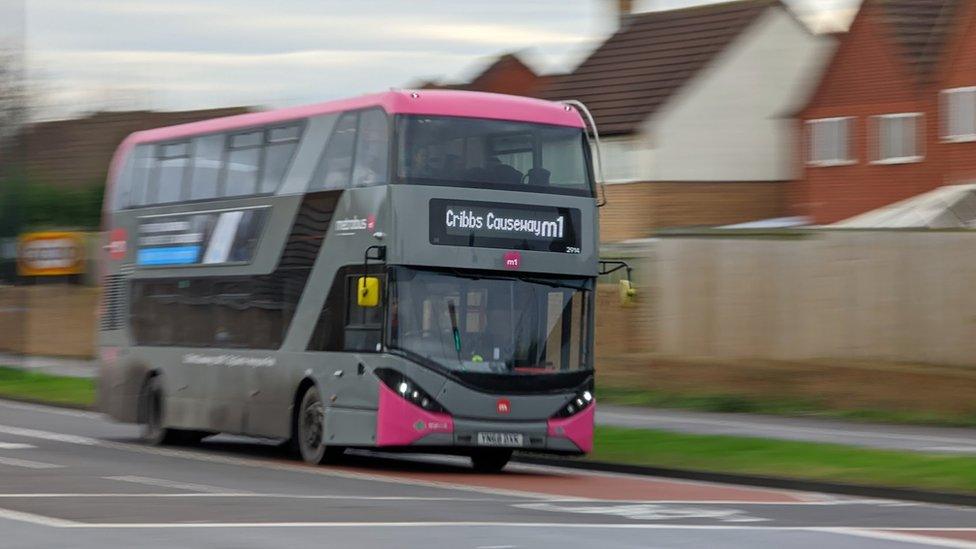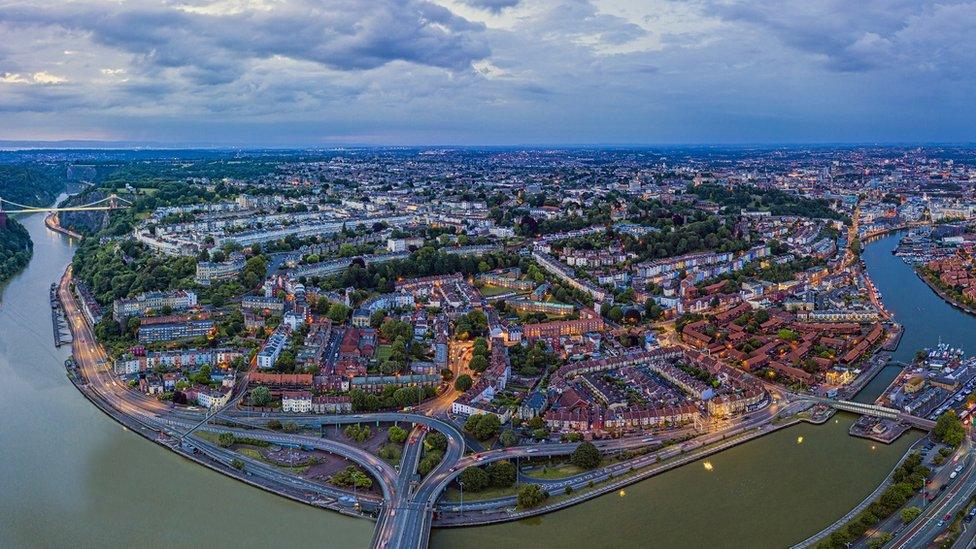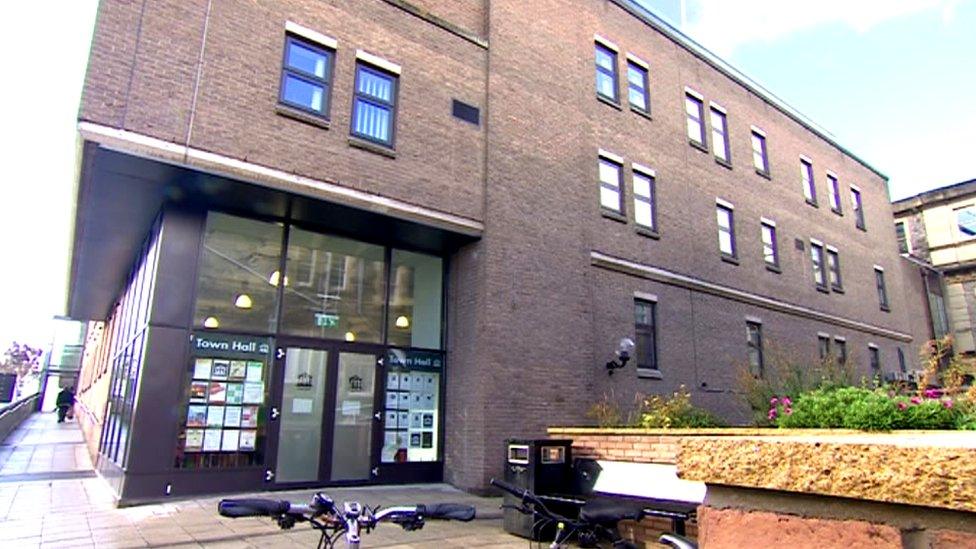Inflation could impact Bristol bus and rail projects
- Published

The rise in inflation could mean less money for bus and rail projects
Record high inflation could wipe out more than £11m from plans to invest in public services in the West of England.
It could impact huge projects like reopening railways, upgrading bus services and building new cycle lanes, a council report says.
There is likely about £11.6m less "headroom available" in the investment fund of the West of England Combined Authority (Weca).
This cash will instead be spent on meeting the increasing costs.
Details of how inflation is impacting Weca's projects were published in recent committee paper, the Local Democracy Reporting Service (LDRS) said.
Council leaders from Bristol, South Gloucestershire, Bath and North East Somerset are due to meet Dan Norris, the West of England metro mayor, on Friday.
'Significant pressure'
A Weca committee report said: "Deteriorating economic conditions are likely to present a new set of challenges for the region's economy.
"For the combined authority, inflation, cost-of-living pressures and a potential recession increase the costs of delivery, and also shape future priorities as the region's challenges shift."
Programmes facing "significant pressure" from inflation include supported bus services, reopening the Henbury railway line and building new stations and also the Bristol Temple Quarter regeneration, the statement added.
The combined authority's budget is particularly affected by rising construction costs and public sector salaries.
Bosses originally budgeted for a 2% pay rise, but have now revised this to four per cent, costing an extra £248,000.
According to the latest figures from the Office for National Statistics, average prices last month were 9.9% higher than in August 2021.
Economists expect inflation to hover around 10% through the autumn.

Follow BBC West on Facebook, external, Twitter, external and Instagram, external. Send your story ideas to: bristol@bbc.co.uk , external
- Published13 May 2022

- Published14 April 2022

- Published27 November 2020
